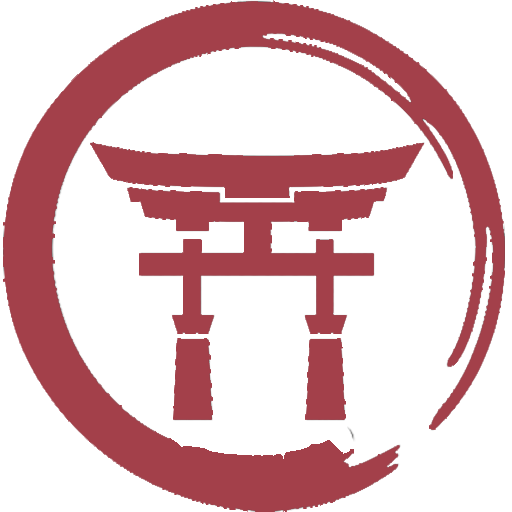We have all heard the saying, “Choose a job you love, and you’ll never have to work a day in your life.” While inspirational, this adage may not resonate with everyone. Instead, it opens up a complex discussion – do we work merely to retire or should we strive to enjoy what we do and intend to do it for the rest of our life? These considerations take us on an exploration of two compelling philosophical concepts: the Japanese principle of Ikigai and the lifestyle concept of Torri Enso.
Ikigai, in its simplest form, translates to “reason for being.” It’s a balancing point at the intersection of what you love, what you’re good at, what the world needs, and what you can be paid for. In contrast, Torri Enso represents an approach that promotes well-being, life-empowerment, and balance, emphasizing leisure, rest, and cultivating joy in everyday moments.
The principle of Ikigai encourages us to embrace work that aligns with our passion and purpose. It invites us to understand that our professional lives can be more than a means to an end, more than just an avenue to amass enough wealth for retirement. In Ikigai, fulfillment and happiness stem from doing what you love and contributing to society.
Imagine you’re an artist. Your paintings might not be valuable in terms of monetary gains, but if creating art fulfills you and brings joy to others, then you’ve found your Ikigai. In this context, the notion of retirement fades into irrelevance. As long as you can create, you’ll continue to do so because it’s your life’s purpose.
On the other hand, Torri Enso suggests a more balanced view between work and personal life. It calls for maintaining a steady rhythm between effort and relaxation, engaging in activities that feed your soul and well-being. As a lifestyle, it emphasizes the necessity of leisure and rest, as they are crucial for fostering creativity, motivation, and resilience. In a Torri Enso lifestyle, retirement might look different – it’s not a complete cessation of work, but rather a shift towards more leisure and relaxation, focusing on activities that promote personal growth and happiness.
Both of these philosophies recognise the value in work beyond its economic benefits. They suggest that work, when aligned with our passions and strengths, can bring profound satisfaction and meaning to our lives. This view contrasts sharply with the prevalent cultural narrative that sees work as a burdensome duty we endure only until we can retire.
Of course, the reality of life is that not everyone has the luxury to pursue a job that perfectly aligns with their Ikigai or balance their life according to Torri Enso. Many work in jobs that are draining or uninspiring simply because they need to survive. And for these individuals, retirement may seem like the only relief.
But even in these challenging situations, we can find wisdom in the teachings of Ikigai and Torri Enso. We can seek out small aspects of our work that we enjoy, or find purpose in supporting our families and contributing to society. We can also strive for balance, making time for rest and leisure activities that nourish our well-being.
Ultimately, whether we choose to work to retire or intend to do what we love for the rest of our lives is a deeply personal decision. It depends on our circumstances, our values, and our understanding of happiness and fulfillment. But through the lenses of Ikigai and Torri Enso, we can explore new perspectives on work and retirement, and perhaps find ways to infuse more joy and purpose into our daily lives.
So, as you ponder on your work-life continuum, consider this: Can you find elements of your Ikigai in your current work? Are you living a Torri Enso lifestyle that balances exertion with leisure? Maybe the question isn’t just about working to retire or doing what we love forever. Perhaps it’s about discovering purpose, balance, and joy in our lives, regardless of the phase we’re in.
In conclusion, both Ikigai and Torri Enso teach us that life’s fulfillment doesn’t come from waiting for retirement, but from living a life imbued with purpose, balance, and joy – today and every day. Whether we retire or not, our goal should be to lead a life rich in experiences, connections, and personal growth. This might just be the recipe for a fulfilling life, a life where work is not just a means to an end, but a rewarding journey that continually unfolds.






